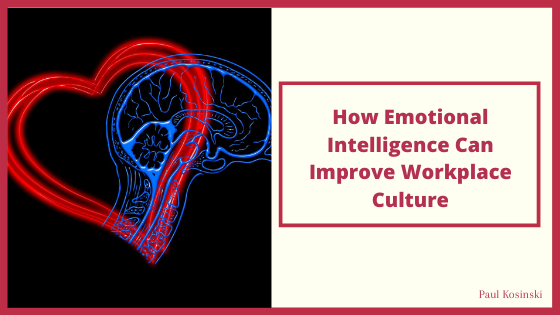
Emotional intelligence has been a major buzzword in business. As much as people prefer to divide work from personal life, it can be hard to have emotional boundaries at a workplace where employees spend at least 40 hours of their time a week.
Emotional intelligence is the foundation of effective business meetings, employee happiness, and a positive environment for efficient work and success.
What is Emotional Intelligence?
Emotional intelligence is a positive psychology concept that emerged to explain the failings of IQ. Emotional regulation is just as important as cognitive intelligence. It addresses the often neglected social and collaborative needs of a business.
Emotional intelligence includes four key aspects:
- Self-awareness
- Self-management
- Social awareness
- Relationship management
From these areas, it’s clear that workers with a high Emotional Quotient (EQ) will be able to navigate work matters confidently. They can master observation over their emotions and behaviors while knowing how to best approach relationships with coworkers, team members, managers, or shareholders.
Why is Emotional Intelligence Important for Work?
Creating a program that trains employees in emotional intelligence nurtures a positive workplace.
For one, customer-facing teams are better able to serve customers patiently. Additionally, there is an overall smoother strategizing and working together, creating smoother processes and flexibility. It’s easier to uphold motivation and confidence in the workplace when everyone can manage their reactions and display compassion.
Furthermore, emotional intelligence comes in handy during meetings and critical business deals. It creates a better understanding of shareholders’ needs.

